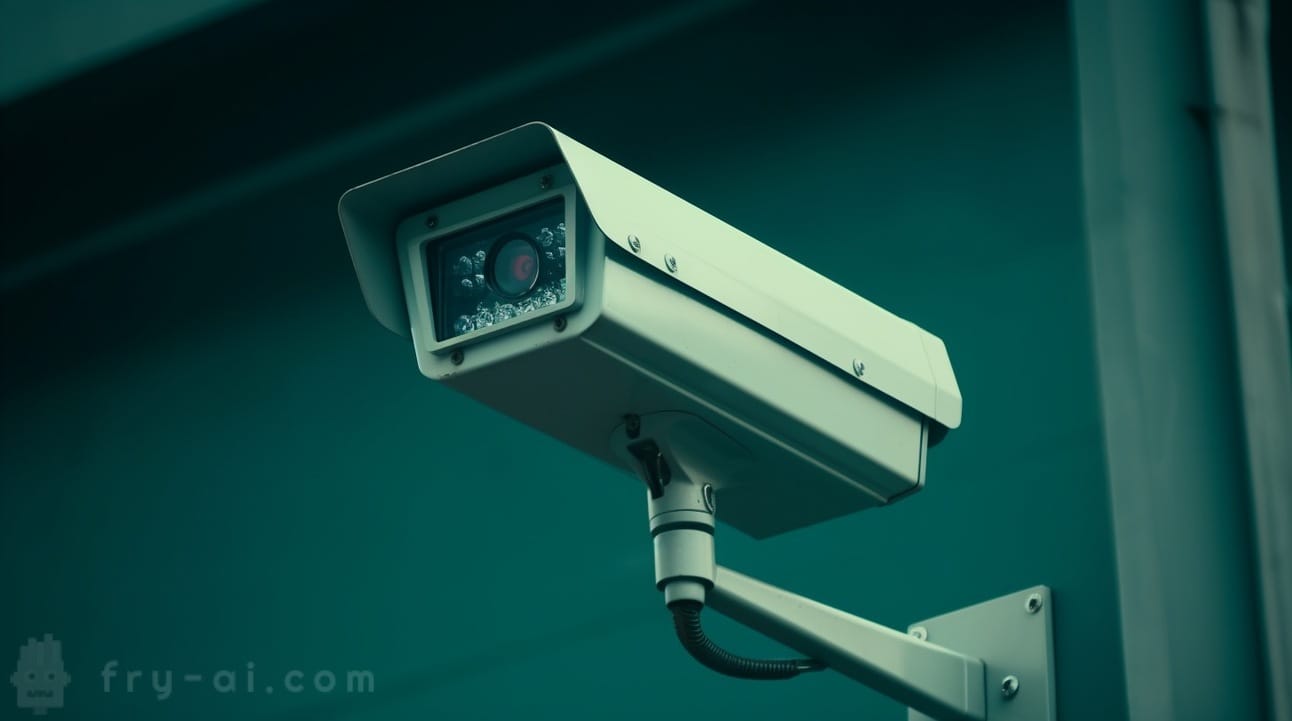
Good morning! The holiday season is here, and we are celebrating the only way we know how: by bringing you the latest in AI. 🎄
🤯 MYSTERY AI LINK 🤯
(The mystery link can lead to ANYTHING AI related. Tools, memes, articles, videos, and more…)
Today’s Menu
Appetizer: AI fails to get patent rights 🙅
Entrée: Rite Aid gets banned from using AI 🚫
Dessert: Child abuse data trains AI image generation 😳
🔨 AI TOOLS OF THE DAY
🥗 AI Foodie: Create your own AI-powered recipes in 3 simple steps. → check it out
👊 Habit Driven: An app designed to enhance your habit formation, tracking, and analysis with the help of a personalized AI coach. → check it out
👩 Painted Saintly: Transform your photos into unique saintly portraits. → check it out
AI FAILS TO GET PATENT RIGHTS 🙅

Q: What did America say to Britain when it fell over?
A: U.K.? 😆
What happened? The UK Supreme Court has ruled that AI cannot be recognized as an inventor for patent rights.
Where did this come from? The case arose from Dr. Stephen Thaler’s dispute with the Intellectual Property Office (IPO) over his attempt to list an AI, named DABUS, as the inventor for two patents. Thaler claimed the AI autonomously created a food/drink container and a light beacon, asserting his entitlement to patent rights. However, the IPO rejected the application, maintaining that AI lacks personhood. The Supreme Court, upholding previous rulings, dismissed Thaler’s case, stating that DABUS, being a machine with no legal personality, cannot be considered an inventor. The judgment affirmed that “an inventor must be a person” under current law.
Why does this matter? AI is undoubtedly becoming a contributing member of society in many ways, acting as en employee in various companies and also creating multiple forms of content. This raises questions about whether AI should be given the same rights and credit to ideas and creativity as humans are. If AI sings a song, writes a book, or invents a product, who gets the credit and copyrights?
RITE AID GETS BANNED FROM USING AI 🚫

Rite Aid, the one-stop-shop for Ramen and cheap razors, is losing its grip on AI. 🙃
What’s up? The Federal Trade Commission (FTC) has imposed a five year ban on Rite Aid’s use of facial recognition powered by AI for surveillance, citing inadequate safeguards and false identification of customers as shoplifters.
What’s the problem? The FTC’s complaint highlighted Rite Aid’s failure to protect employees and customers who were falsely accused of wrongdoings due to flawed facial recognition, which generated thousands of false-positive matches. The retailer’s technology, known for its low-quality image processing, often flagged individuals across different stores and regions who were partaking in normal activities. Rite Aid’s reckless use of facial surveillance not only risked customer humiliation but also jeopardized sensitive customer and employee information. Rite Aid, currently undergoing bankruptcy proceedings and closing numerous stores, expressed disagreement with the allegations but affirmed its commitment to consumer privacy.
CHILD ABUSE DATA TRAINS AI IMAGE GENERATION 😳

The dark side of AI gets exposed once again … 😔
What’s up? Stanford researchers have exposed over 1,000 child sexual abuse images lurking in the training data of popular image generation tools like Stable Diffusion.
Some background? The Stanford Internet Observatory report points to the LAION-5B model, an open-source dataset maintained by a German nonprofit, as the unwitting source of these heinous images. While LAION claims a “zero tolerance policy” and has removed its datasets from the internet pending investigation, the issue underscores the broader problem of tech companies addressing content-related problems only after they surface rather than proactively preventing their inclusion in training datasets.
What does this mean? Although AI is bringing us amazing tools, there is a call not only for responsible use but also ethical data input. This discovery is only the tip of the iceberg, as there’s almost certainly more child abuse material to be discovered within AI training data in coming weeks and months. This alarming discovery sheds light on the darker corners of AI development, emphasizing the lack of transparent records regarding the materials used to train models.
TASTE-TEST THURSDAY 🍽️
Who should get credit for AI creations?
HAS AI REACHED SINGULARITY? CHECK OUT THE FRY METER BELOW

The Singularity Meter rises 2.0%: AI can predict the location of where your photo was taken from.